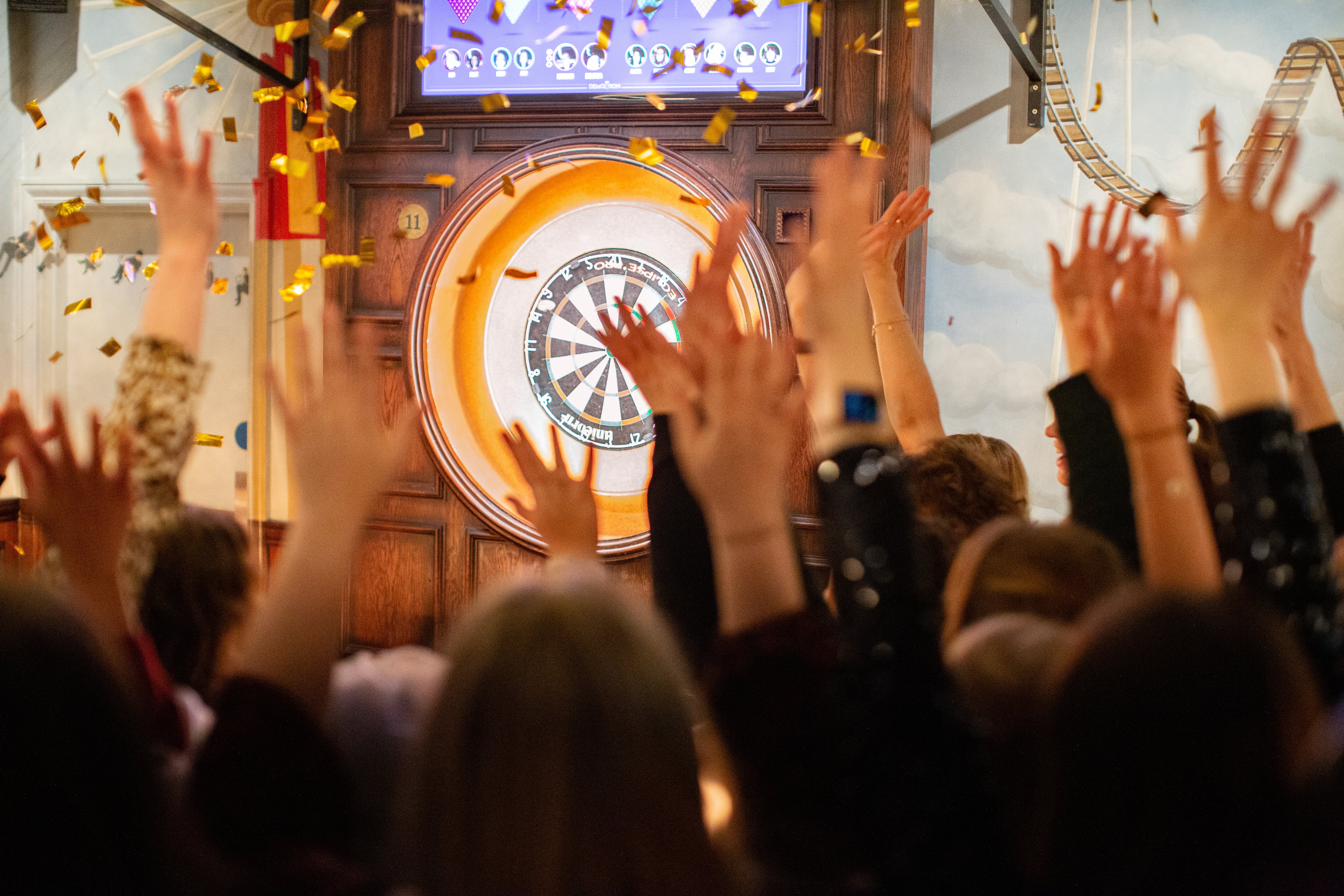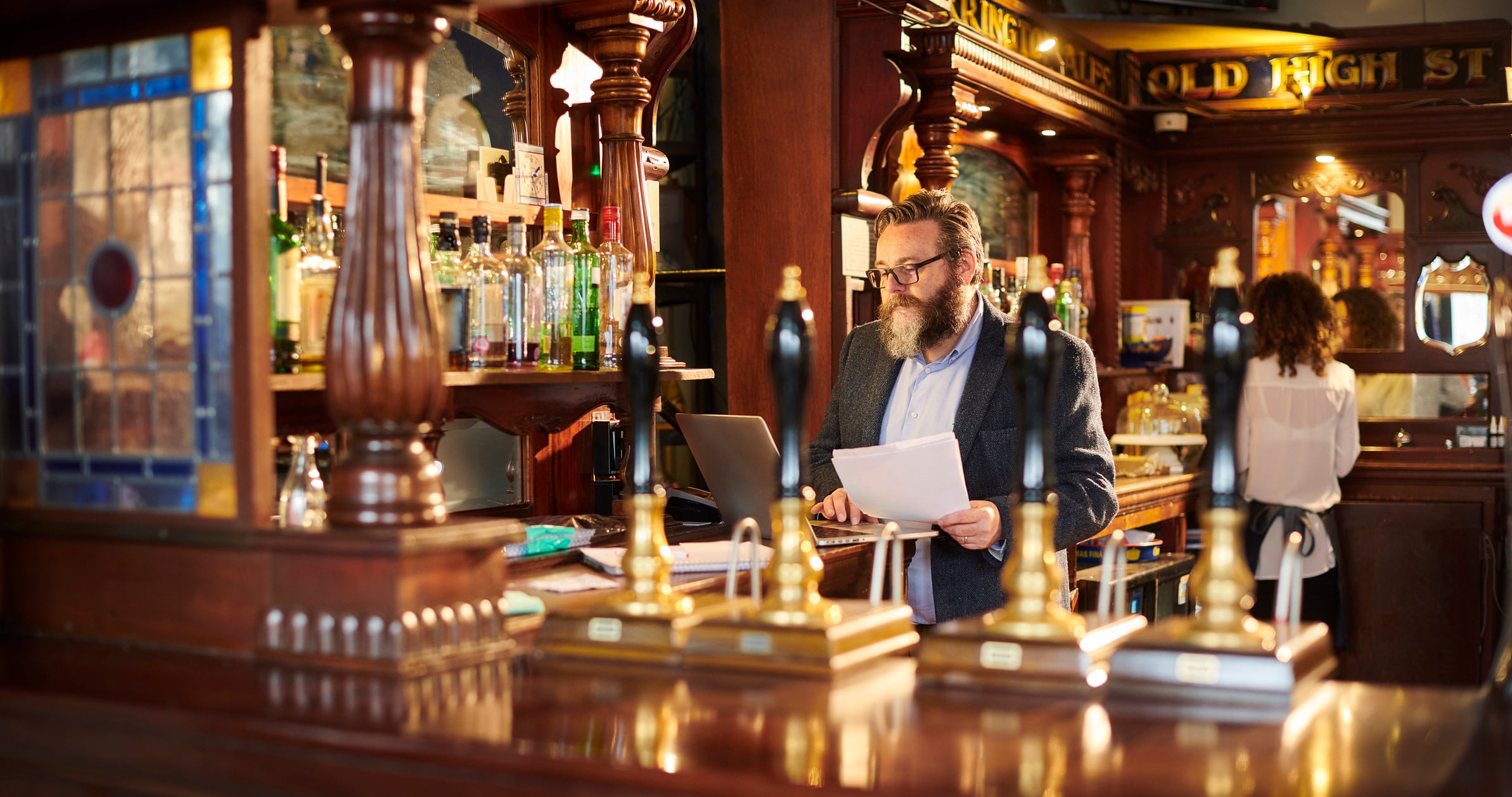Data from the new Night-Time Economy Market Monitor showed, as of December 2024, Britain had 2,264 nightclubs, late-night bars and casinos, which was 2.8% fewer than at the end of 2023 and a whopping 25.2% down on the pre-Covid level in March 2020.
Nightclubs have been the biggest victim with site numbers falling by 33.2%, according to the monitor authors CGA by NIQ and the Night-Time Industries Association (NTIA).
In contrast, sites in the wider evening economy, which also includes venues where evenings form a large chunk of trading, rose by 3.9% to 16,004 in 2024, which is the equivalent of about 12 net new openings every week.
The monitor stated this uptick partly reflects the success of bars, which rose 5.4% in just 12 months. There was particularly sharp growth in themed bars (up 24.4%), cocktail bars (up 17.4%) and craft bars (up 14.3%).
Additionally, venues offering competitive socialising and other interactive experiences have been among the fastest growing of any hospitality channel in recent years.
Vibrant northern cities
The monitor also highlights the vibrancy of northern British cities such as Liverpool, Glasgow, Edinburgh and Leeds, where the number of late-night venues rose by more than 4% in 2024.
It also sets out the disproportionate impacts of Covid and inflation on independently-run venues in the evening economy, which have closed at a rate of nearly four per week since March 2020 – compared to 3.3% growth in numbers for managed groups.
Other findings include there are earlier visits to bars, pubs and restaurants with more than two thirds (70%) of NTIA members report falling revenue in post-1am trading while far fewer (47%) report a drop in the 6pm to 8pm period.
A third (33%) of consumers who go out for high-tempo occasions say they are visiting more experience-led venues than they were a year ago while only (19%) are using them less.
There are concerns about trading in 2025 and the impact of new labour costs in the Government’s Budget in October. Only 13% of NTIA members feel optimistic about the market for the next 12 months with 65% feeling pessimistic.
Enormous challenges
CGA by NIQ senior insight consultant Reuben Pullan said: “The Covid crisis and relentless pressure on costs have created enormous challenges for hospitality businesses in the past five years, and late-night clubs and bars have been hit hardest of all.
“However, many other segments have been remarkably resilient, and the growth in new types of venues like competitive socialising bars shows the evening economy isn’t disappearing – it’s just changing.
“With the right support from Government, night-time businesses can power not just hospitality but Britain’s economic growth and job creation.”
NTIA CEO Michael Kill added: “This new report highlights the resilience and challenges of our sector. With consumer spending reaching £223.5bn in 2024 and the night-time cultural economy growing by 3.2%, the importance of live music, late-night venues and cultural spaces is clear.
“However, rising operational costs and inflationary pressures are still straining businesses. Employment trends show a vital yet transforming workforce, with significant declines in pub, bar and licensed club employment, but growth in sporting venues, clubs, and gyms.
“Targeted support and strategic policy interventions are essential to safeguard the future of this critical pillar of the UK economy.”





